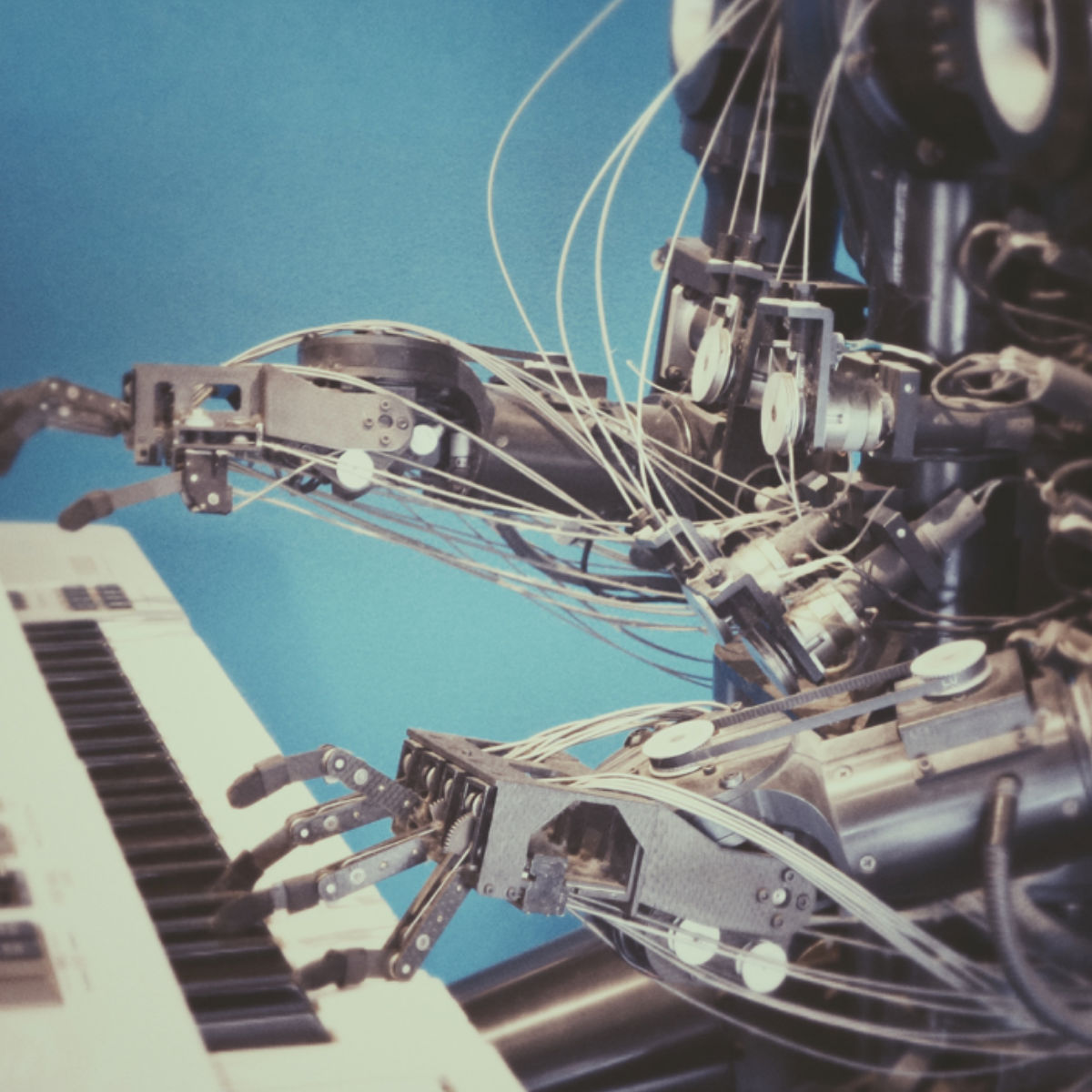Industry 4.0: the future of work
Industry 4.0 may have redefined the workplace but will it make certain jobs extinct? Aashish Pachauri investigates
Over the course of time, humans have perfected industries by constantly innovating and improving on processes through which work is carried out. There have been three industrial mega shifts which have shaped and moulded the human civilization.
Industry 4.0, the newest edition, has transformed the USP of quality and convenience into benchmarks and companies all across the globe have boarded the bandwagon. The competitive difference now is – delivering the product faster with near zero defects.
This revolution will shrink the line of differentiation between departments because the skillset required from an employee going forward would be multi-departmental. Let us take the example of an automotive unit. An employee having IT skills will need to understand customer requirements and accordingly streamline the production system to deliver the best quality in the lowest possible time.
The department integration would take place throughout the organization and not just in the supply chain optimization through IT. The marketing department for example, would use technology such as Big Data, Cloud, IoT and intelligent products to better understand consumer desires. These technologies would help in improving the customer interaction by studying consumer preferences. B2B firms have taken this a step further by investing in Augmented Reality.

Marketing is one field where Industry 4.0 would be greeted with garlands. Since the advent of marketing, marketers have been keen to know their customers inside out so that they design their products accordingly. One interesting feature of the revolution is mass customization, which is made possible by understanding the consumer behaviour through customer engagement and interaction.
Predictive analytics would identify shopping patterns, time spent in shopping, reaction towards various POS, sentiment towards new features or new products, the list goes on. By inducing the right variables, it will be possible to identify the correlation between variables with a high correlation coefficient value and in turn predict the next step to be taken by a customer.
You may ask – would this degree of automation make certain jobs extinct? The answer to this is yes, certain shop-floor manual jobs would go out of fashion. However newer – more skilled jobs would take their place. Employees would need to stay ahead of the curve by opening up to change and adapting to new technology. As Zig Ziglar summed it up very accurately, “Your Attitude, not your Aptitude, will determine your Altitude.”
